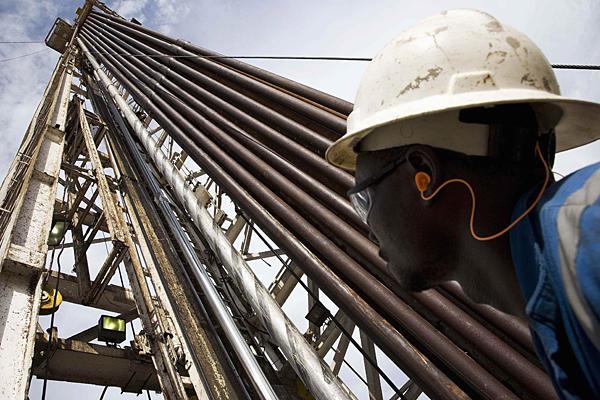
IEA: WORLD SAVED $3.5 TRILLION

The oil stocks that the 29 International Energy Agency member countries must maintain not only aid energy security but also save money, according to a study contained in the new IEA publication Energy Supply Security 2014. The review of member countries' abilities to react quickly and effectively to significant energy supply disruptions valued the stockpiles' global benefits over 30 years at about USD 3.5 trillion.
To belong to the IEA, a net oil importer must hold emergency stocks equal to at least 90 days' worth of the previous year's imports. As of the end of March 2014, member countries' stores totalled 4.1 billion barrels, equivalent to about 44 days of total global demand, providing a bulwark against market volatility in the case of a supply disruption – and an economic benefit to the world.
Each barrel a country stores provides net global benefits averaging at least USD 41 per year after storage costs, the IEA study found. Using an economic model that tested tens of thousands of possible market scenarios, the IEA gauged the economic toll of hypothetical oil supply disruptions with and without emergency stockpiles' effects on markets and economies. The model estimated changes in oil price, net import costs and gross domestic product during probable disruptions and possible stock releases over a 30-year period. Most of the benefits it found stem from how the IEA stocks would offset supply losses during disruptions, significantly limiting increases in import costs and preventing damage to the world economy. A smaller benefit is the net revenue gain from the sale of stores during a disruption.
The IEA estimate is conservative: not only did it exclude supply disruptions for specific products, but it also did not assess the stockpiles' deterrent effect on global oil trading outside of a stock release. Further, it considered only international benefits. That leaves out emergency stores' economic savings potential in domestic supply disruptions. The benefits from any use of emergency stockpiles to counter such situations depend largely on local context, such as where the supplies are located as well as the severity and duration of the situation.
The global benefits more than offset the expense of stockpiling, which the IEA found to range from USD 7 to 10 per barrel per year depending on the form of stocks and how they are housed. Member countries can store either crude oil or petroleum products, in either aboveground tanks or underground caverns, which cost on average 30% less than tanks. Purchase of the supply makes up at least half of the total stockpiling expenditure, while building and maintaining storage infrastructure make up about 20% of annual costs. Other expenses include land and refreshment of stocks, but the final cost to consumers in many countries is less than USD 0.01 per litre of fuel.
iea.org





